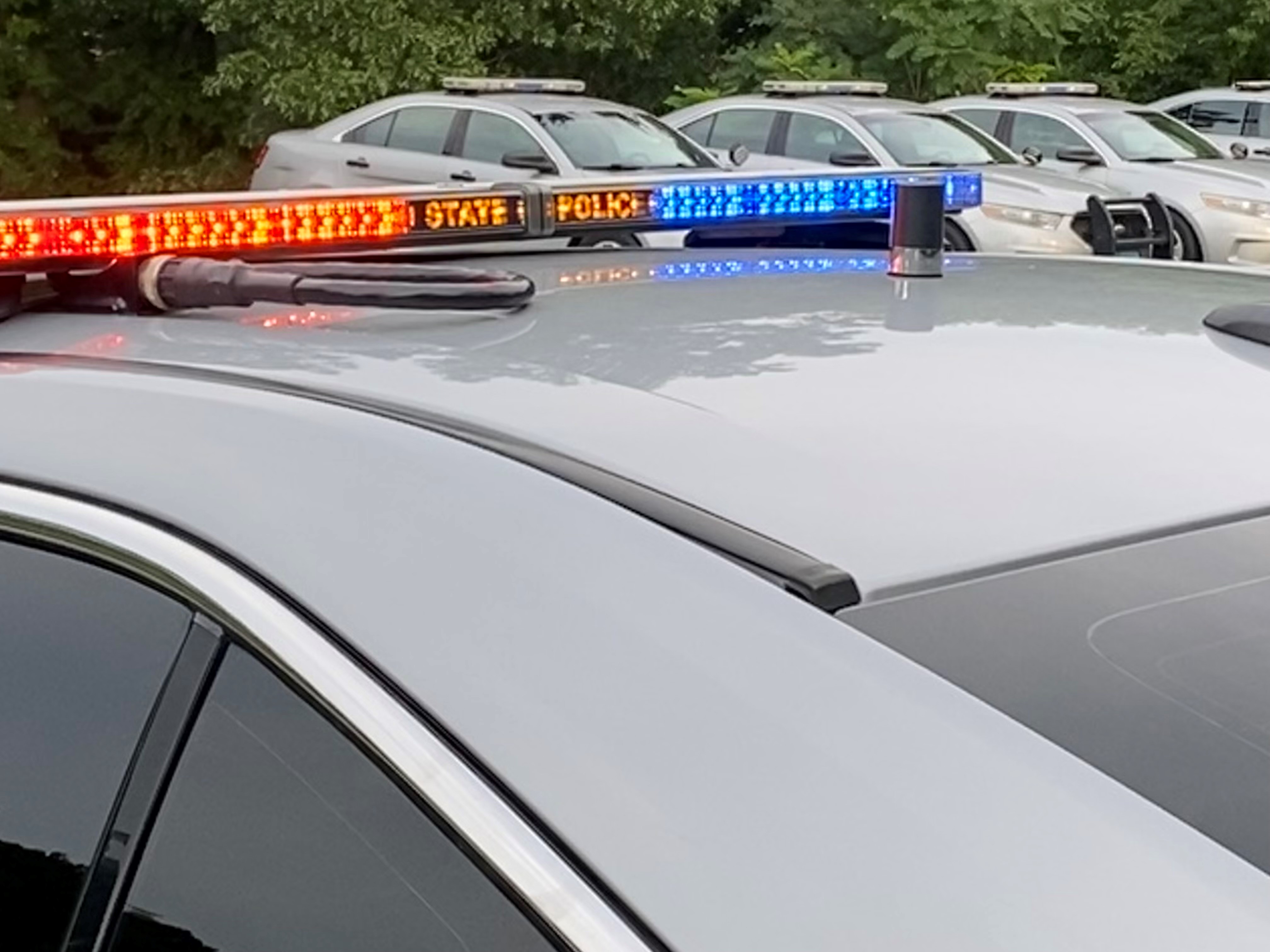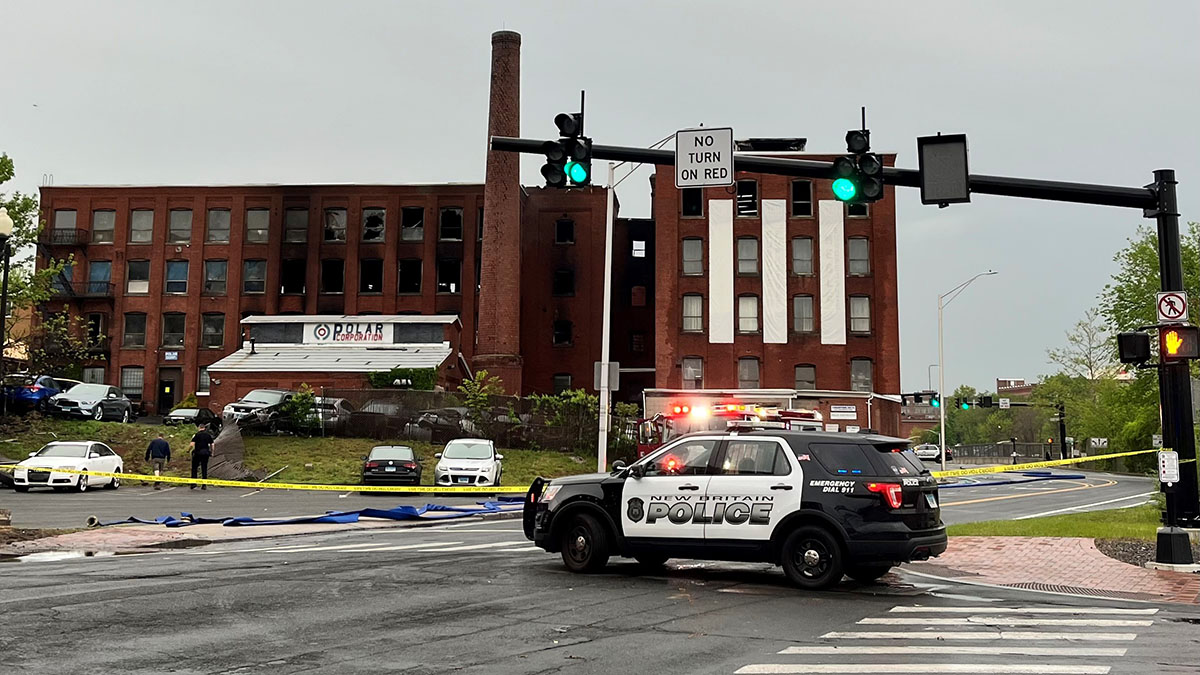As the state prepares to reopen some businesses, school officials are also looking at how to reopen schools, colleges and universities and what they will look like in the future to keep students, faculty and staff safe.
A round table discussion was held Monday and several people people in the state's education community took part, sharing information on what is on the minds of school leaders.
One lingering question is what schools will do about graduation with schools still operating online, and Education Commissioner Miguel Cardona said guidance on graduations will be coming.
Cardona said much of the school reopening plan will depend on infection trends in the state and they will need to be flexible. He said plans to reopen will have to be based on what officials learn about the pandemic so not to have to turn around and close again.
Don Williams, the executive director of the Connecticut Education Association, said teachers are eager to get back to school, but it needs to be done the right way. They are concerned about health and he said class sizes would need to be reduced and the number of students on a bus would also need to be reduced.
Schools have been closed since March and have operated online, but teachers have said distance learning is not a solution for the long-term, Jan Hochadel, president of AFT Connecticut, said.
She said most teachers understand that schools will look different and they are also looking at other states to see what things will look like as they move toward reopening.
Local
Dr. Matt Cartter, the state epidemiologist, said something that federal health officials have been warning of – that there could be another wave of the virus in the fall, and reiterated that plans need to be flexible.
Rob Rader, of the Connecticut Association of Boards of Education, said a big concern for school districts is social distancing and keeping students apart in the classroom. He also addressed available resources to take steps that need to be taken and called on the state to do more to help schools.
Fran Rabinowitz, of the Connecticut Association of Public School Superintendents, said what keeps them awake at night is being able to reach and engage every child and it’s been difficult to do with some students, including students with disabilities. One issue encountered is that there has been some learning loss, she said.
The best hope, she said, is that there will be some in-person learning in the fall and possibly in the summer.
Glenn Lungarini, of the Connecticut Interscholastic Athletic Conference, addressed school sports, and said high school sports are academic based, meaning that the first focus must be on returning to school before getting back to sports.
With social distancing in place to reduce the spread of the virus, he said the CIAC will release guidance with Cardona and the governor’s office on school sports.
Early Childhood Commissioner Beth Bye addressed summer programs and said summer camps will be open on June 29.
She said that there have been several calls to 211 for help for childcare and many of them are from heath care workers, including hospital employees and nursing home workers so they can go to work.
Daycare workers, who are some of the lowest paid employees, are on the front lines, caring for the children of other workers on the front lines of the pandemic, she said.
Thomas Katsouleas, the president of the University of Connecticut, addressed the closure of college campuses and said the emotional toll on students has been significant and the social adjustment has been a s struggle for them.
While looking at reopening, medical testing is the number one investment, Katsouleas said, pointing out that campuses, especially residential campuses, are challenging from a public health perspective.
Joanne Berger-Sweeney, president of Trinity College, addressed people in college communities who have pre-existing health conditions, and said everyone will be back to campus when it’s safe, but everyone might not be able to return at the same time.
She said schools need to make sure there are opportunities for remote learning for people who cannot come back and also how to make that an excellent experience.
Rick Levin, the former president of Yale, addressed e-learning and said some schools are thinking about ending the fall semester after Thanksgiving, resuming classes and exams online for the remainder of the semester, then returning for the spring semester.
Mark Ojakian, the president of Connecticut State Colleges and Universities, addressed economic challenges and said the schools refunded room and board and it will add financial pressure if they need to do that again in the.
You can watch the entire conversation here:



